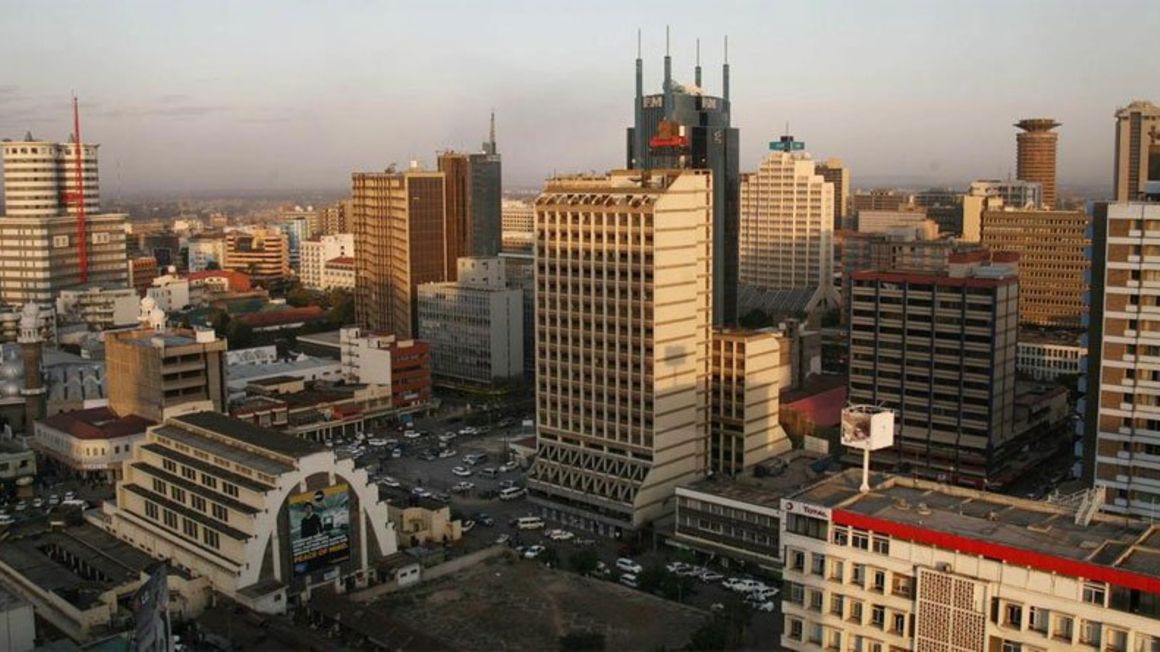
Nairobi City skyline. FILE PHOTO | NMG
Summary
- Clearly, we have deviated from international best practice in our approach to setting up an international financial centre.
- I say so because when you look at trends and international experience, international financial centres are designed around the concept of clusters.
- It is a location that is home to a cluster of international financial providers such as commercial banks, investment banks, fund managers hedge funds and stock exchanges.
One of the highlights of this week’s visit to the UK by President Uhuru Kenyatta was the announcement that the Insurance Company, Prudential PLC, has signed an agreement to join the new Nairobi International Financial Centre (NIFC).
It was also announced that the centre was set to sign another agreement with the City of London to help the NIFC learn from a World leader in the area.
As we all know, we have been planning to establish such a centre since Parliament passed the Nairobi International Financial Centre Act way back in 2007. On its website, the Nairobi International Finance Authority says that the official launch will happen in the last quarter of this year.
Clearly, we have deviated from international best practice in our approach to setting up an international financial centre. I say so because when you look at trends and international experience, international financial centres are designed around the concept of clusters.
It is a location that is home to a cluster of international financial providers such as commercial banks, investment banks, fund managers hedge funds and stock exchanges.
You have to put up a first class real estate development project to host the financial district. Neighbouring country, Rwanda, has adopted the same approach of building a special district.
Last year, they announced that they had contracted Equity Bank Group to develop the Kigali Financial Towers that will host Kigali International Financial Centre.
In our case, we are starting a financial centre without a physical district. As a matter of fact, the government has expressly stated that any investor will be allowed to set up anywhere in the country provided it has a certificate from the NIFC Authority.
International experience has also taught us that investors only get attracted to your financial centre when you have the following: First, an independent state agency to market, develop and operate the centre, including licensing and hosting a company registry dedicated to licensees of the centre.
The Rwandese created a special state agency called Rwanda Finance to promote and market the Kigali International Financial Centre.
Second, an independent supervisory agency and regulator, operating more or less as a special financial sector regulator for this unique special economic zone. In Dubai, the governor of the central bank doubles as the chairman of the Dubai International Financial Centre.
Finally, a court of arbitration specifically created to serve licensees of the international financial centre and with capability to adjudicate disputes and contracts based on foreign laws.
Instead of an independent supervisory agency, we have a steering committee heavily loaded by political appointees, including the President and the Deputy President.
Instead of a court of arbitration and a sound legal environment modelled on the City of London system, we are proposing a low-key tribunal subject to the laws of Kenya.
When the idea was first conceived, we wanted to build a physical financial district operating more or less as a special economic zone offering international financial services and accommodating a cluster of both international and selected local institutions.
The ambition was to create the largest sector of the city economy, a city within a city in the mould of similar international financial centres in Mauritius, Hong Kong or Singapore.
There was a time when the Treasury engaged the Kenya Airports Authority (KAA) to provide the land where the district would be located.
Sweeteners to our centre would include financial centre incentives such 100 per cent ownership of the companies, 100 per cent profit repatriation and limited tax exemptions.
I am not saying that the approach we have taken will not fly. My point is that you need more than just laws and tax incentives to build a successful international financial centre.


No comments:
Post a Comment